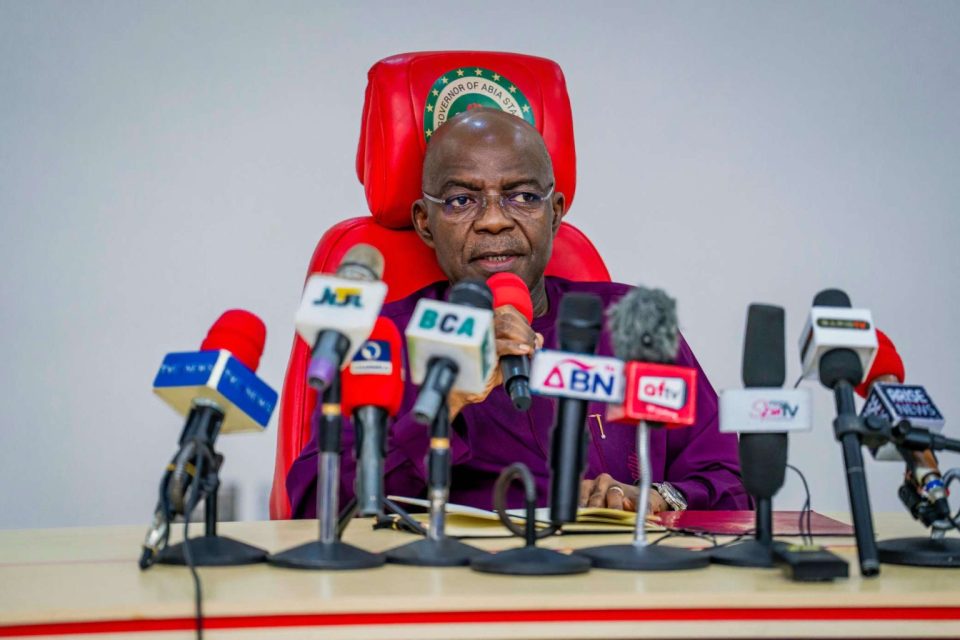The Abia State Government has announced the adoption of a new economic and business policy aimed at promoting locally made products and services, with particular emphasis on Made-in-Abia goods such as the iconic Akwete fabric.
The policy, which aligns with key provisions of Nigeria’s Local Content Law, mandates the prioritization of goods and services produced within the state in government procurement processes. The initiative is part of the Otti administration’s broader strategy to bolster the state’s economy in response to national and global economic headwinds, including inflation and currency devaluation.
Addressing the press following this week’s State Executive Council meeting chaired by Governor Alex Otti, Commissioner for Information, Prince Okey Kanu, described the policy as a “deliberate and progressive approach” to revitalizing local production and building economic resilience.
“As a proactive administration, the Abia State Government is intentional about managing the local economy to boost the production of essential goods and services within the state,” Kanu said.
He highlighted Governor Otti’s recent engagement with Ethnorcentrique Limited, a firm dedicated to the promotion of handmade textiles like Akwete, as a testament to the government’s commitment to empowering indigenous industries.
Education Reforms and Teachers’ Recruitment Drive
On the education front, the Information Commissioner announced the successful conclusion of the first phase of the state’s teachers’ recruitment exercise. This phase included rigorous certificate verification and oral interviews.
Out of the applicants, approximately 7,000 candidates who scored 45 percent and above were shortlisted, including 180 persons with disabilities. Candidates scoring between 40 and 44 percent were placed on a reserve list to fill potential gaps.
“We ensured a transparent and inclusive process,” Kanu noted. “A sign language interpreter was available to assist applicants with hearing impairments, in line with our commitment to equity.”
The Council also approved a second phase of recruitment to accommodate applicants who missed the initial round, particularly for roles in technical and vocational education, where shortages remain critical.
Commissioner for Basic Education, Elder Goodluck Ubochi, added that this next phase would focus on attracting professionals with technical expertise who are currently not represented in the state’s teacher database.
